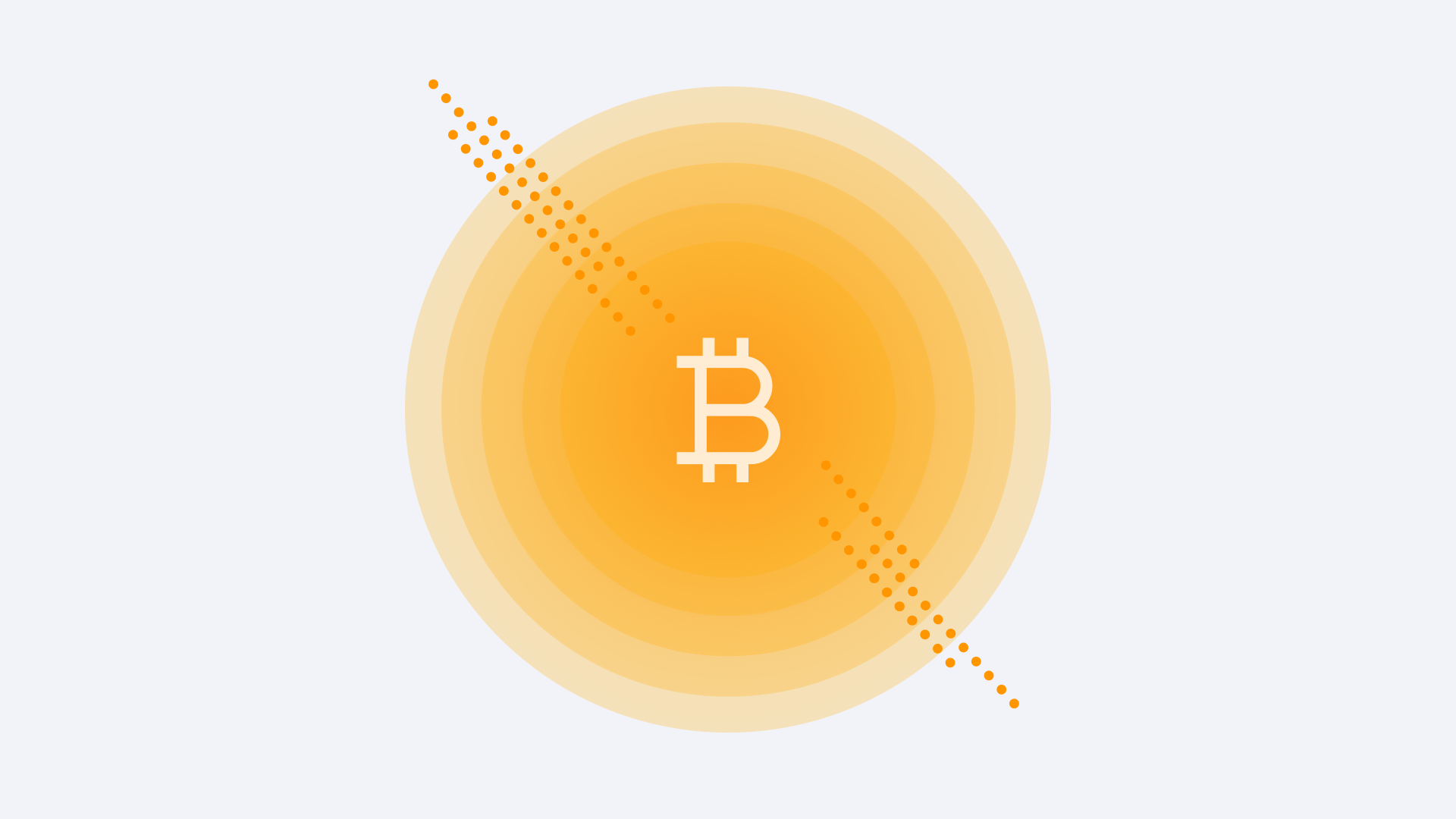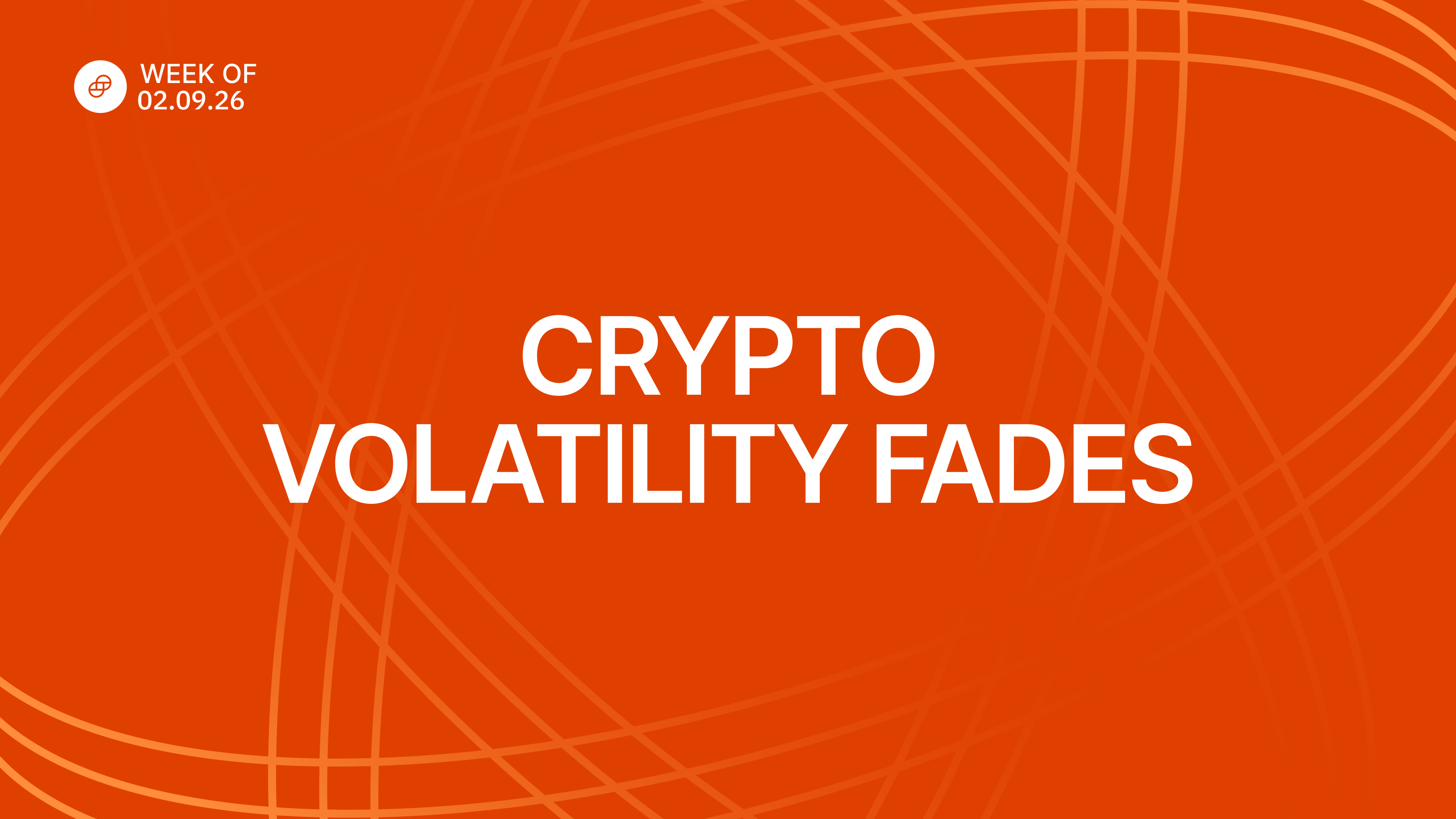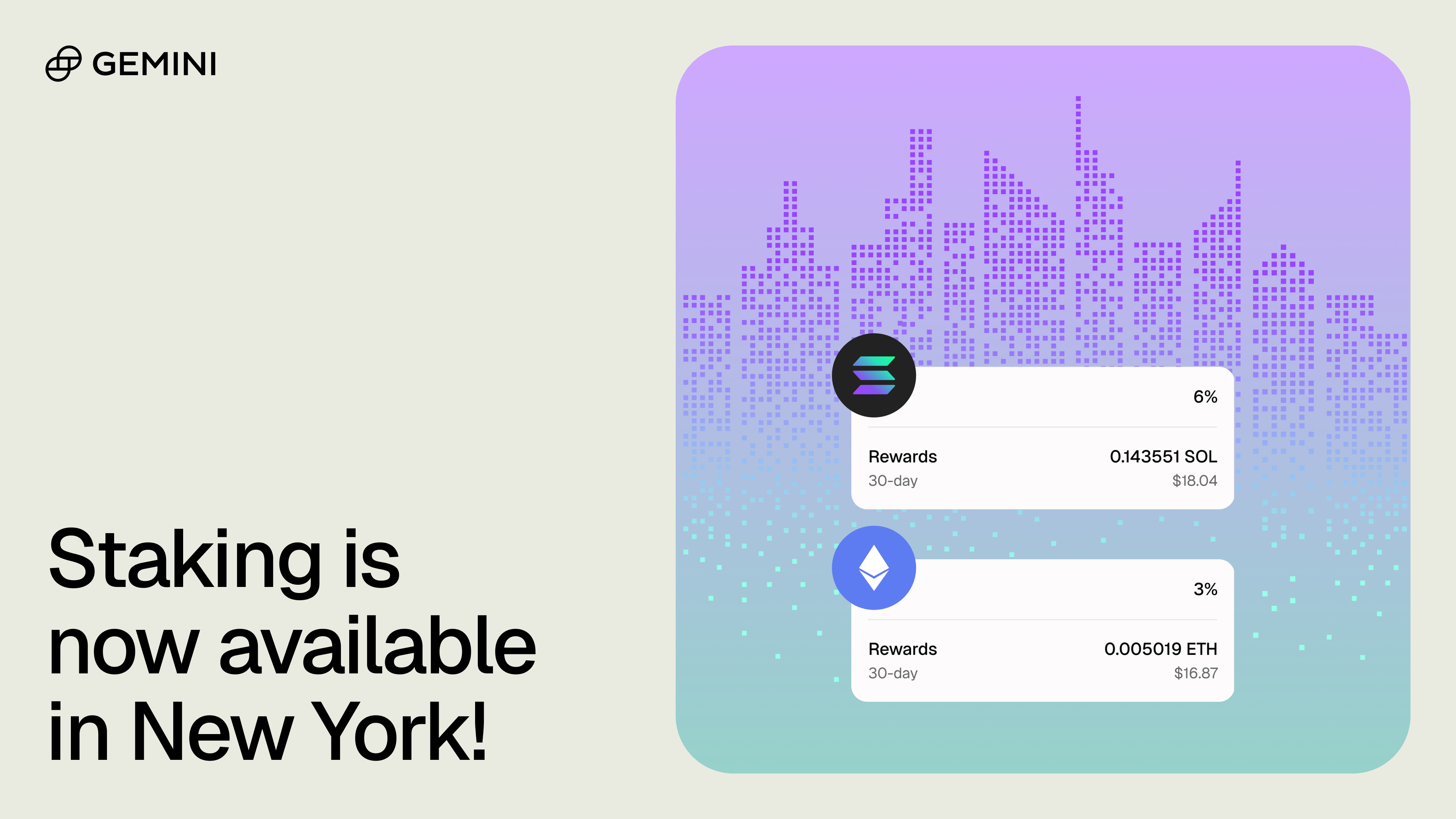NOV 14, 2023
What a US-Based Spot Bitcoin ETF Means for Finance and Crypto

- The approval of a spot bitcoin ETF could open the $36.7 trillion retirement fund market to the crypto asset class by giving US investment funds access to bitcoin.
- It could attract a massive inflow of capital to crypto, potentially driving price activity.
- Ultimately, approval could serve as an affirmation that bitcoin is real, resilient, and here to stay.

The potential for a US-based spot bitcoin exchange-traded fund (ETF) has made headlines, driven the attention of regulators, and impacted crypto markets in 2023. While crypto ETFs are not new, we have yet to see a spot bitcoin ETF listed on a US exchange. That might soon change.
Since Gemini co-founders Cameron and Tyler Winklevoss filed the first spot bitcoin ETF application in 2013, more than a dozen others have been filed with the US Securities and Exchange Commission (SEC). Some of the world’s largest asset managers and financial institutions have entered the fray including BlackRock, Invesco, VanEck, and Fidelity.
Gemini Fund Solutions
Gemini offers the best-in-class unified platform for crypto ETFs.
While the SEC has repeatedly rejected spot bitcoin ETF applications, the tide appears to be shifting. by January 10, 2024, and the SEC was recently to revisit its rejection of Grayscale’s attempt to . The next deadline for an SEC decision on a spot bitcoin ETF application is January 10, 2024.
Today, we explore how a spot bitcoin ETF could a) impact the larger traditional financial ecosystem, and b) propel bitcoin and crypto.
A New Asset Class Enters the Asset Management Playbook
In the United States, investing in bitcoin has remained out of reach for a vast majority of investment and retirement accounts. While approximately in IRAs, 401ks, and pensions as of Q2 2023, a negligible fraction has been allocated to bitcoin. The approval of a spot bitcoin ETF could change this dynamic, giving traditional investment funds in the US access to bitcoin.
While bitcoin ETFs exist in the US today, those currently available are derived from bitcoin futures, which don’t always fully correlate to the underlying asset. In contrast, a spot bitcoin ETF requires direct investment in the underlying asset itself — in this case bitcoin.
Why is this difference between futures and spot ETFs significant? Consider that bitcoin has a finite supply, with only 21 million to ever be mined. When combined with an expanding demand curve, a static supply curve suggests what should result is a higher price for bitcoin, further building wealth for millions in the investing public.
A New Phase in the History of Bitcoin ETFs
Over the past few years, there have been several attempts to launch a spot bitcoin ETF in the US, all being rejected by the SEC. Among the primary concerns have been market manipulation and a perceived lack of proper custodial arrangements. But, the crypto landscape has evolved.
Regulated exchanges and qualified custodians are able to address many of these concerns. For instance, the implementation of surveillance sharing agreements (SSAs) between stock exchanges and spot bitcoin exchanges offers important visibility into bitcoin spot markets that can assuage manipulation concerns. Gemini has played in developing these SSAs.
Market participants have also developed a better understanding of bitcoin and its underlying technology — blockchain. Increased knowledge and maturity within the industry have paved the way for renewed efforts to launch a spot bitcoin ETF.
A Spot Bitcoin ETF Could Catapult the Crypto Industry
The potential approval of a spot bitcoin ETF would mark a significant milestone in the journey of legitimizing bitcoin as an institutional-grade investment.
In addition to benefiting traditional investors, it would have positive implications for the broader digital asset industry. Industry commentators take note of the . So, as bitcoin could gain more mainstream recognition through an ETF, we might also anticipate an acceleration in commercial activities related to altcoins, DeFi, and Web3 assets, as well as companies operating within those industries.
Perhaps more significantly, the approval of a spot bitcoin ETF by the SEC would serve as an important stamp on a 14-year journey since the issuance of the Bitcoin whitepaper. This milestone could solidify bitcoin's legitimacy and establish its permanence in the financial landscape.
Approval would also have implications for various participants within the digital asset ecosystem:
Authorized Participants: These are the organizations responsible for acquiring the underlying asset that an ETF wants to hold. Traditionally, large banks have fulfilled this role. Thus far, banks have largely remained on the sidelines of the digital asset industry. Will they continue to stay out or will they seize an opportunity?
Exchanges: Authorized participants will need to procure bitcoin, and could turn to regulated exchanges, such as Gemini, to do so.
Custodians: Qualified custodians can fill the need for ETFs to hold bitcoin, given the complexities and risks associated with key management. Some of the existing ETF applications have already named industry leaders as custodians, including Gemini.
The advent of a spot bitcoin ETF holds immense opportunity for both bitcoin and the broader digital asset ecosystem. It could open up access to bitcoin for traditional investment avenues while potentially attracting banks to actively participate in the digital asset industry. Further, it could mean increased participation by regulated exchanges and qualified custodians, as well as the possibility for commercial growth across various sectors within the digital asset space.
Ultimately, the approval of a spot bitcoin ETF could serve as an affirmation that bitcoin is real, resilient, and here to stay. As we eagerly await regulatory decisions, it is clear that the potential introduction of a spot bitcoin ETF could be a game-changer for both investors and the entire crypto ecosystem.
Onward and Upward!
Tyler Skelton
Head of Finance
RELATED ARTICLES

WEEKLY MARKET UPDATE
FEB 12, 2026
US Jobs Report Beats Expectations, BlackRock Launches Tokenized Treasury Fund On Uniswap, and Crypto Lobby Meets To Solve CLARITY Act Impasse

COMPANY
FEB 10, 2026
Gemini Staking Is Now Available for New York Customers

COMPANY
FEB 05, 2026